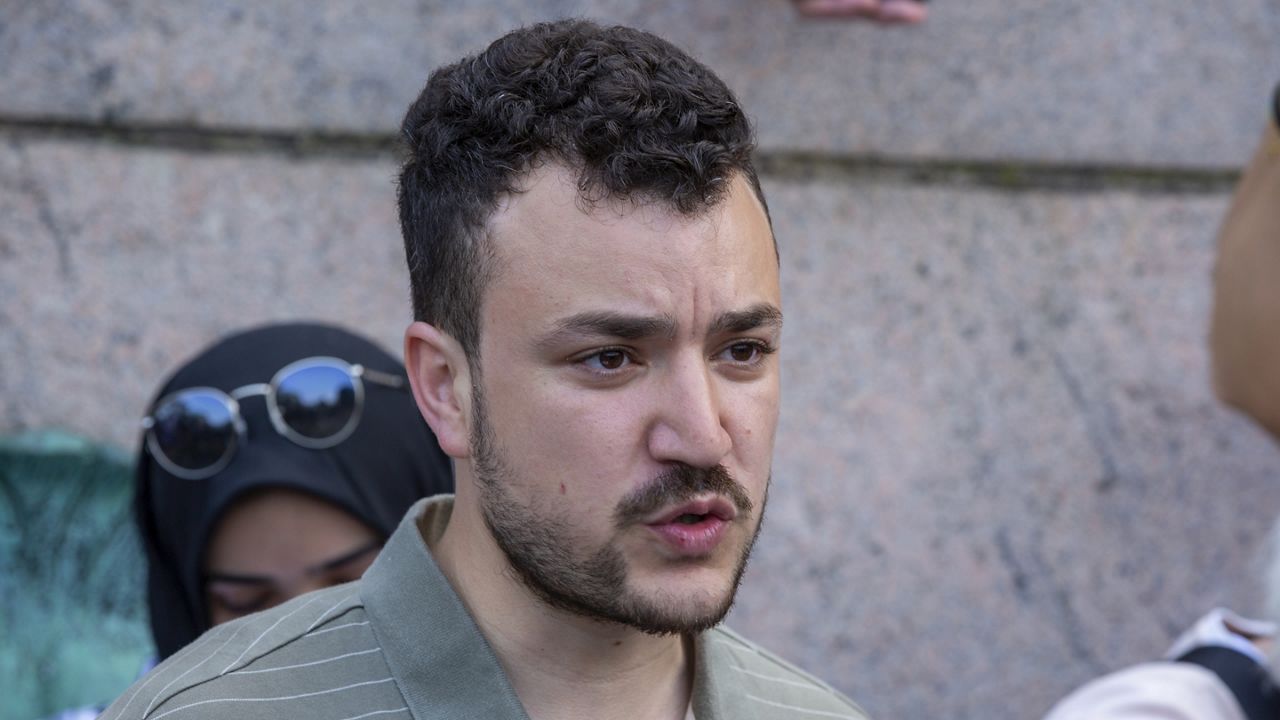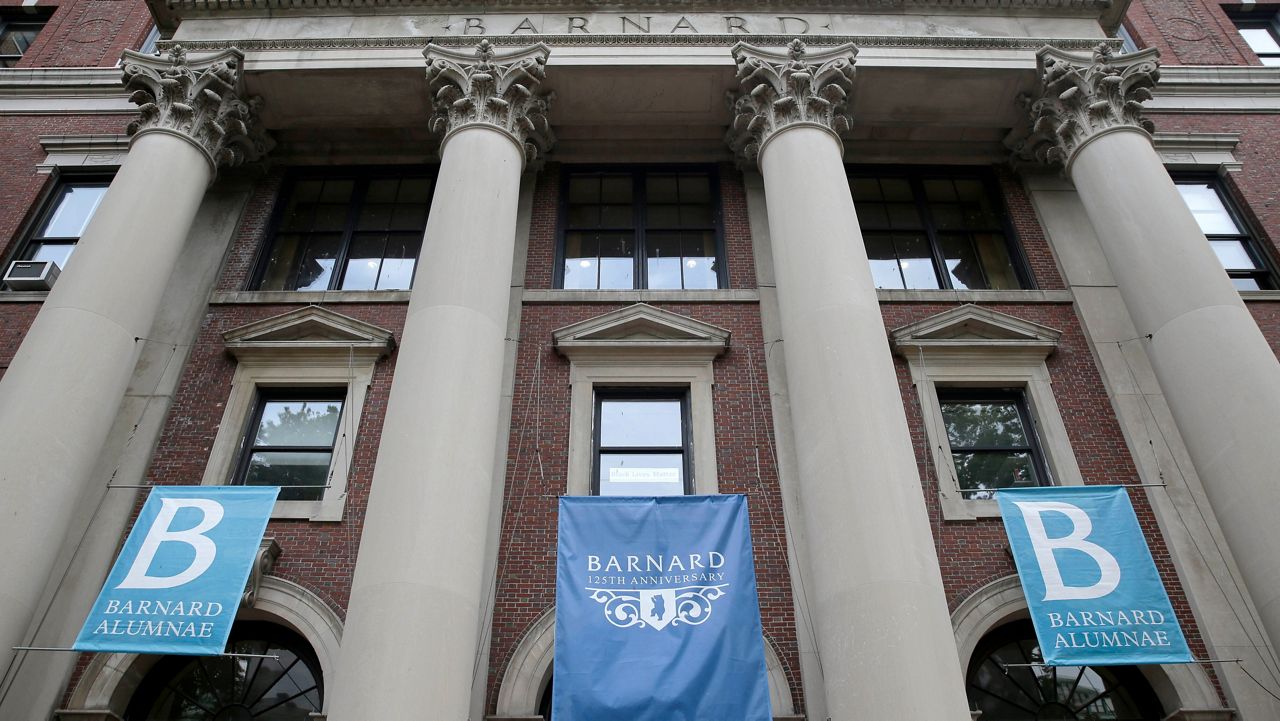Krishta Fernandez is a mom of two and a student at Bronx Community College, where she is president of the school’s student government.
It’s a lot to manage and on top of working toward her associate’s degree in paralegal studies, she needs to think ahead. Like many community college students, she plans to enroll in a CUNY senior college, and that means making sure the credits she earns now will serve her well then.
“It’s literally like being thrown into a mixer,” she said.
She’s not alone.
“About eight out of every nine new community college students at CUNY intend to transfer to complete at least a bachelor’s degree. But these days, only about one in nine actually achieve that in six years,” Eli Dvrokin, the editorial and policy director at the Center for an Urban Future, told NY1. “So there is a huge gap between what students want and the reality that so many of those students face.”
The Center for an Urban Future is releasing a new report looking at the barriers community college students face to earning that bachelor’s degree.
One major issue is that upon enrolling in senior colleges, students discover many of their community college credit won’t count toward their degrees.
Fernandez hopes to earn her associate’s degree next spring, and then attend John Jay College, with the goal of going to law school to become a media and entertainment attorney. But not all her credits will come with her.
“There’s a handful that aren’t going to transfer over. Hopefully, and thankfully, I won’t have to take them again. But there’s that, that confusion of, okay, like, 'why? I took the class. Why am I not getting credit for my time?'” she said.
When students do successfully transfer, the report finds other obstacles may make it hard to graduate.
“Students lose some of the crucial supports when they go from community colleges to senior colleges that actually make all the difference in boosting those graduation rates, things like a MetroCard and hands-on advising,” Dvorkin said.
The report recommends the city and state invest in a CUNY Transfer Accelerator which would scale up already successful initiatives, like the Transfer Explorer, or T-Rex tool, that helps students see whether senior colleges will accept their credits. Some of the programs shown to help are in danger of ending, or not expanding, due to expiring funds.
They also propose creating a new program called CUNY Flex, aimed specifically at providing help like free MetroCards to transfer students who need to enroll part-time, and urged CUNY to better educate its own staff on the transfer process.
In a statement, a CUNY spokesman said removing barriers for transferring students is part of CUNY’s “strategic roadmap,” and, by the end of this year, “CUNY students who transfer between an associate and bachelor’s degree program will be able to transfer seamlessly the first two years of credits earned in a specific major.”
As for Fernandez, she’s determined to be the one out of every nine students who successfully earns her bachelor’s, and then, her juris doctor.
“That is my dream. I’m getting there,” she said.




_PKG_CC_CUNY_Transfers_129330663_1606?wid=320&hei=180&$wide-bg$)


_Dnt_Budget_-_PS_Cell_Phone_Ban_Clean)
_CGPK_CUNY_Student_Protest_Encampents_2025_CG_134055132_345)
